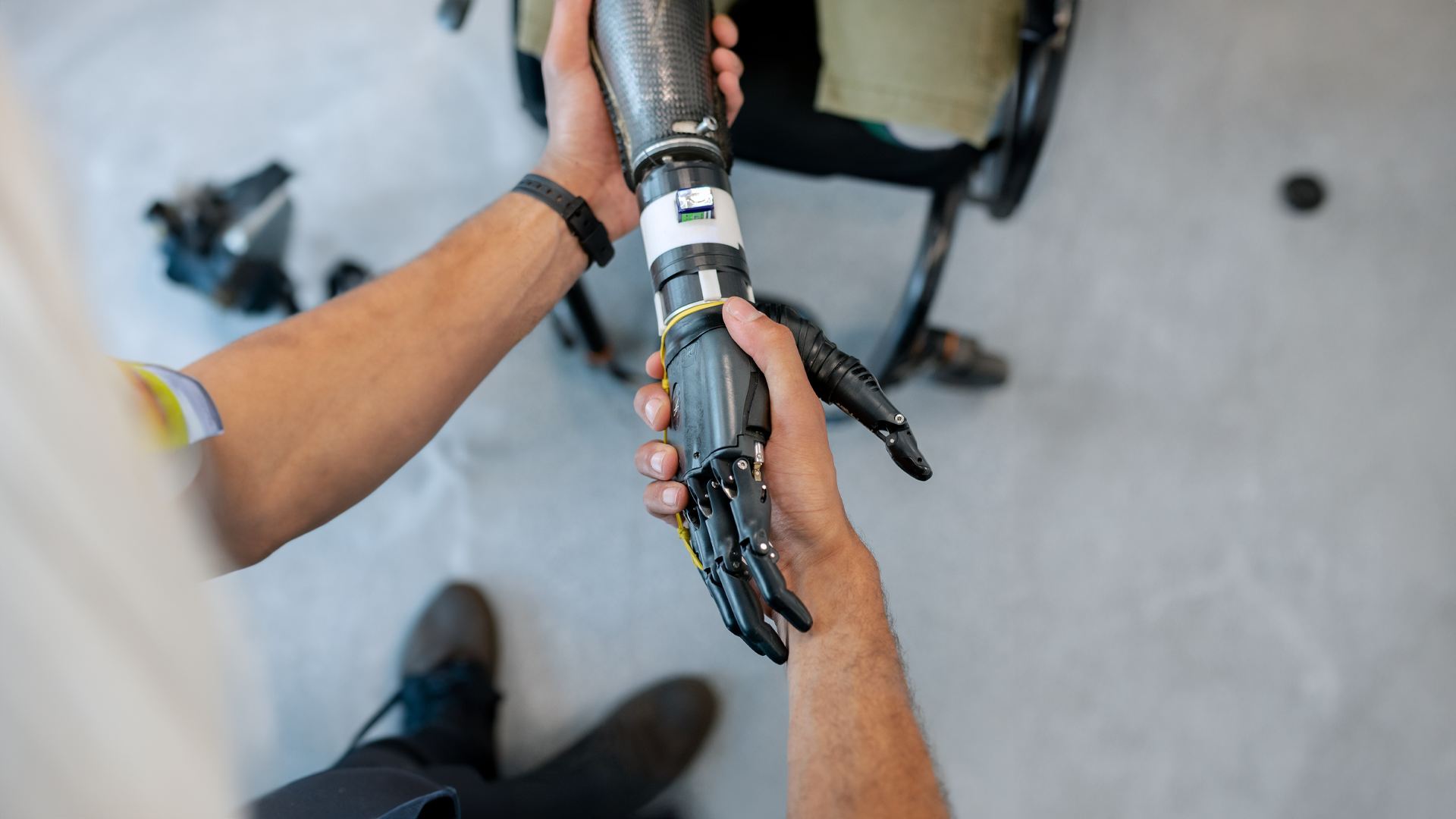Limb loss is a significant health issue in Africa. Prosthetics can be a transformative experience for those living with this disability, enabling them to achieve greater independence, mobility, and participation in their daily activities.
In many parts of the world, including Africa, access to prosthetic devices remains limited due to their high cost and accessibility.
Lack of resources, infrastructure, and trained personnel, as well as cultural stigmas surrounding disability are all factors. Many people living with limb loss are unable to afford prosthetic services.
According to the World Health Organization report supported by USAID, roughly 30 million people are in need of prosthetic and orthotic services globally, with a significant proportion living in low- and middle-income countries.
In Africa, the burden of limb loss is particularly high due to infectious diseases, trauma, accidents, and conflicts.
Individuals with limb loss in Africa experience social and emotional challenges. The social stigma associated with disability often leads to exclusion from activities, education, and employment opportunities. This can result in feelings of isolation, low self-esteem, and depression.
Despite these challenges, there are numerous efforts underway to improve access to prosthetic devices in Africa.
One such initiative is the Ukuhamba Prosthetics, a South African company that is using innovative technology and a social enterprise model to make prosthetics more affordable.
The company uses 3D printing technology to create customized prosthetic devices from waste materials such as plastic water bottles. This makes the process more affordable and efficient than traditional prosthetics.
One of the key innovations of Ukuhamba Prosthetics is the use of a mobile 3D scanning and printing lab, which can be deployed to remote areas to provide prosthetic services. This approach is particularly important in South Africa, where many people living with limb loss are located in rural areas with limited access to healthcare.
The company also offers training and education programs to help build the capacity of local communities and healthcare providers.
The impact of prosthetic devices on individuals and communities can be significant. For people with limb loss, prosthetics can help restore mobility and independence, allowing them to participate more fully in daily life activities and improve their quality of life.
In addition, prosthetics can help reduce the social stigma associated with disability and promote greater inclusion and acceptance.




















